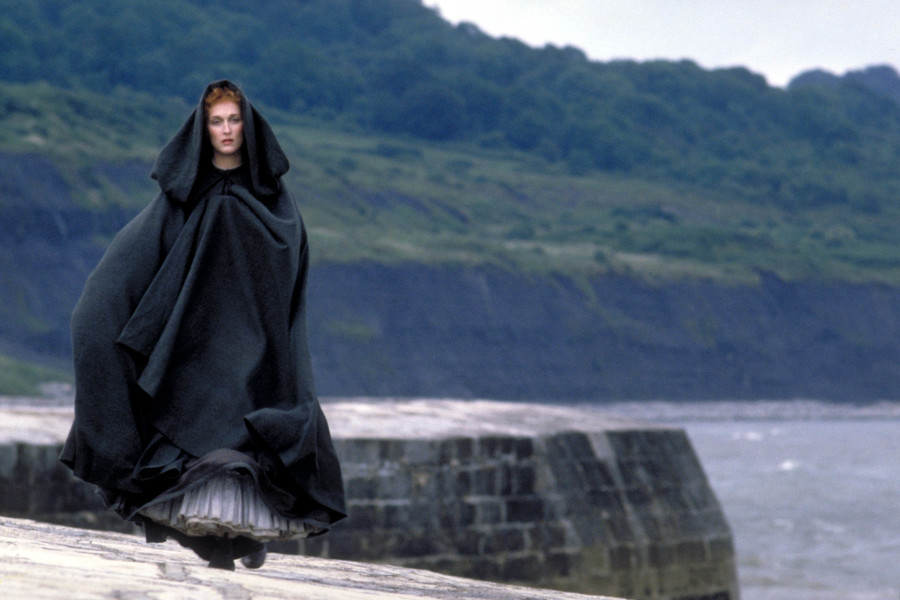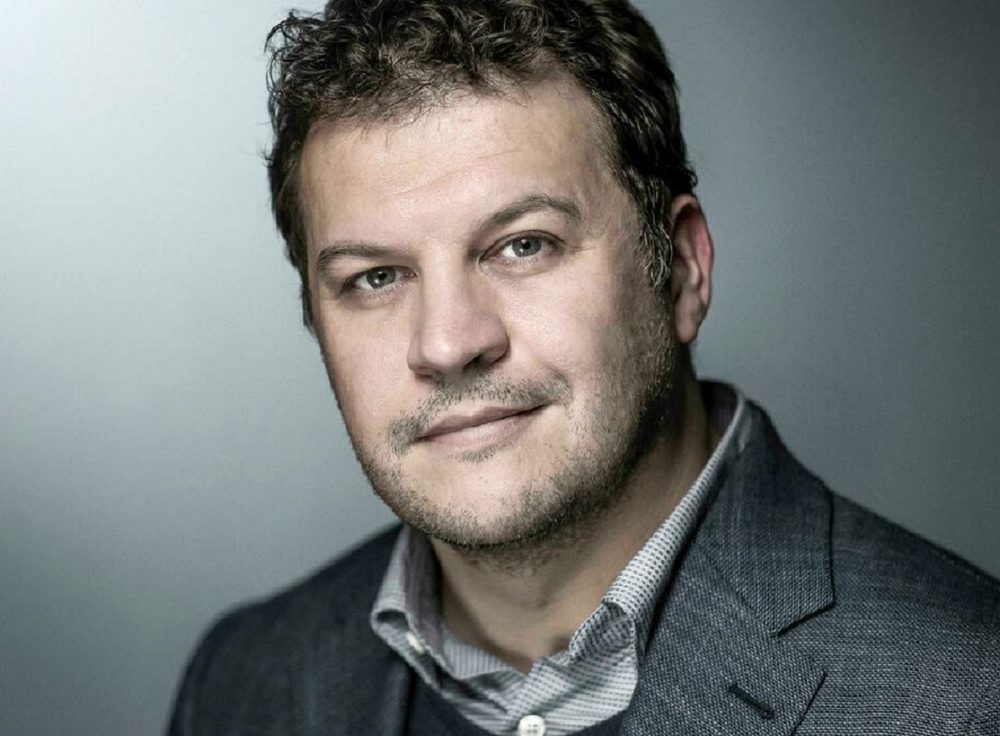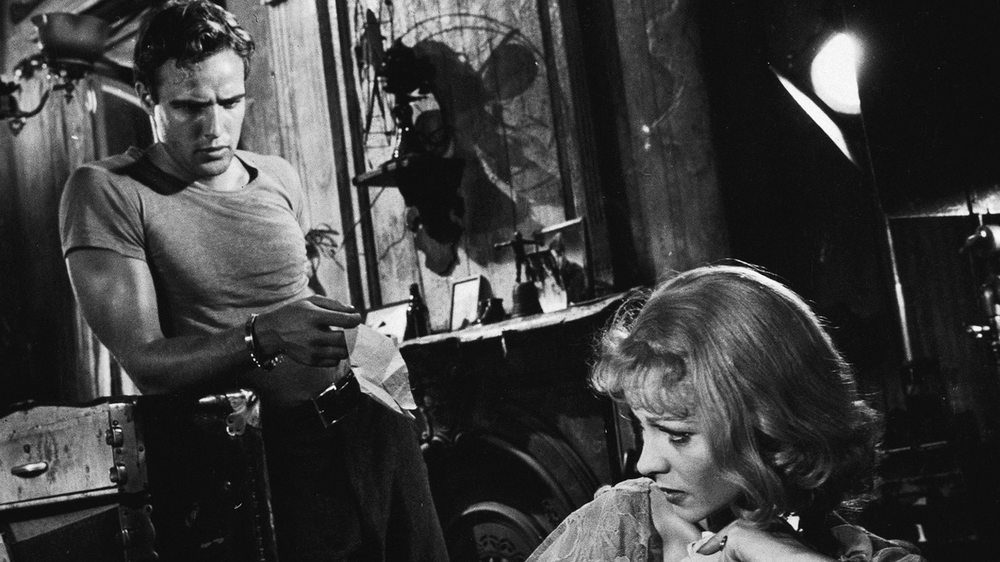Приговор при свечах / Judgment in candlelight - Владимир Анатольевич Арсентьев
Книгу Приговор при свечах / Judgment in candlelight - Владимир Анатольевич Арсентьев читаем онлайн бесплатно полную версию! Чтобы начать читать не надо регистрации. Напомним, что читать онлайн вы можете не только на компьютере, но и на андроид (Android), iPhone и iPad. Приятного чтения!
Шрифт:
Интервал:
Закладка:
uphold the verdict of the provincial court of the city of N regarding Porokhov, Pervushin, Perov, Sergeyev, Moiseyev, Bragin, Bednyakov, and Knyazev, and dismiss the prosecutor’s cassation appeal.
Thus, judicial discretion oriented toward the presumption of innocence constituted the prerequisite for an unparalleled exemplary judgment of acquittal. The verdict, which became law after the highest judicial authority of the state collegially reviewed the case file, was handwritten by the presiding judge in ten days. He wrote it in the chambers, in the peace of law and order[259] he created himself as the leader of the criminal process, demonstrating a high culture of justice.
The criminal proceedings on the merits took about three and a half months, and the cassation review took two times as long. After the verdict was pronounced, the judge was hurriedly sent on a business trip 1,500 kilometers to the North to hear 7 criminal cases against 9 persons involving 15 counts of murder and other offenses, while the accused persons were not even sent the copies of their corresponding indictments. The judge, taking time to ensure that every defendant exercised their right to defense, came back after five weeks. He completed the task of administering justice in all criminal cases in the course of a visiting session represented by himself and people’s assessors. The judge had no assistant, and all the hardships and burdens of reviewing the criminal cases, along with the creation of the minutes, befell the secretary of the judicial proceedings.
In the summer of 1991, however, he did not even have a secretary of the judicial proceedings. The people’s judge invited three people’s assessors, and one of them performed the duties of the secretary during the civil and criminal proceedings. At all the other times, the judge himself carried out all the other secretarial functions. Twenty years later, when the judge was hearing a “banditry” case, the secretary in a single criminal process was changed 22 times. Any such intervention in the judge’s activities was detrimental to the justice. For that reason, any interference into the administration of justice is prohibited by criminal law and punishable by a prison term.
It is worth recalling how, two years before the triumph of justice described above, the court of the city of Prague issued a decision on extradition.[260] The Czech police arrested Porokhov and Perov pursuant to an arrest warrant by the prosecutor of the city of N.
The Prague prosecutor’s office submitted a detention order for those persons to the court of Prague.
The president of the senate heard the testimony of both arrested men, read the documents, and found that the prosecutor’s detention order was reasonable and legitimate. Both arrestees were citizens of the Russian Federation who had been staying in the Czech Republic for a fairly short period of time. According to his testimony, arrestee Perov arrived to the country earlier that year, while Porokhov came to the Czech Republic in the previous year, having been invited for permanent residency.
It turned out that the prosecutor issued the order to arrest Porokhov and Perov based on the fact that both had committed illegal acts in the province of N. Perov and accomplices were accused of doing damage to the employees of a firm, from which he had been forced to receive significant financial resources under threat. Porokhov was accused of being a member of a criminal group and collecting so-called taxes in the province of N.
Thus, based on the indictment cited in the ruling of the Prague court, the foreign police arrested Porokhov and Petrov and surrendered them to Russia in custody pursuant to a detention order issued by the prosecutor of the city of N. However, that accusation lay outside the scope of the criminal case against Porokhov and Perov investigated by the prosecutor’s office of the city of N. The indictment against alleged offenders Porokhov and Perov was submitted to the INTERPOL and the court of a foreign state but not to any Russian court, jurisdiction notwithstanding. Meanwhile, Porokhov and Perov’s arrest, extradition, and further pre-trial detention lasting more than two and a half years were based on that very accusation, unknown to the Russian justice and caught in a parallel reality beyond law.
Denunciations that distort the reality and turn the truth upside down are alien to justice. The indictment against Porokhov, Perov, and others was based on a denunciation. Cited in the verdict of acquittal, it turned out null and void after a careful and thorough examination at trial. Justice aims to establish, to a procedural level prescribed by law, the real facts of life of the person involved in the criminal process, or lack of those facts. The condition is that all the parties in the judicial proceedings, presided over by a professional judge, should respect the universally recognized human and citizen rights and freedoms. Judicial discretion is intended to ensure that the rules of presumption of innocence are exercised on the way to the truth in the criminal case and in the delivering of a lawful and reasonable verdict after a fair trial. These circumstances allow the individual to be not the means but the end of the state’s existence and operation. In such a state, the ideals of freedom, equality, and fairness form the fundamental basis of criminal justice, safeguarding the peace of law and order in the civil society and thereby determining our general behavior.
Conclusion
In his brilliant essay on the history of Russian philosophy, which he wrote in 1951 in New York, Nikolay Onufriyevich Lossky (1870–1965) came to the conclusion that “the whole truth, in which truth-verity and truth-justice support each other, is revealed only to the whole man, capable of using all the varieties of experience – not only the sensory but also the experience of conscience, of aesthetic feeling and religious mystical intuition.”[261]
The judge can attain wholeness and sapience in the administration of justice
Прочитали книгу? Предлагаем вам поделится своим отзывом от прочитанного(прослушанного)! Ваш отзыв будет полезен читателям, которые еще только собираются познакомиться с произведением.
Уважаемые читатели, слушатели и просто посетители нашей библиотеки! Просим Вас придерживаться определенных правил при комментировании литературных произведений.
- 1. Просьба отказаться от дискриминационных высказываний. Мы защищаем право наших читателей свободно выражать свою точку зрения. Вместе с тем мы не терпим агрессии. На сайте запрещено оставлять комментарий, который содержит унизительные высказывания или призывы к насилию по отношению к отдельным лицам или группам людей на основании их расы, этнического происхождения, вероисповедания, недееспособности, пола, возраста, статуса ветерана, касты или сексуальной ориентации.
- 2. Просьба отказаться от оскорблений, угроз и запугиваний.
- 3. Просьба отказаться от нецензурной лексики.
- 4. Просьба вести себя максимально корректно как по отношению к авторам, так и по отношению к другим читателям и их комментариям.
Надеемся на Ваше понимание и благоразумие. С уважением, администратор knigkindom.ru.
Оставить комментарий
-
 Гость Светлана26 июль 20:11
Очень понравилась история)) Необычная, интересная, с красивым описанием природы, замков и башен, Очень переживала за счастье...
Ледяной венец. Брак по принуждению - Ульяна Туманова
Гость Светлана26 июль 20:11
Очень понравилась история)) Необычная, интересная, с красивым описанием природы, замков и башен, Очень переживала за счастье...
Ледяной венец. Брак по принуждению - Ульяна Туманова
-
 Гость Диана26 июль 16:40
Автор большое спасибо за Ваше творчество, желаю дальнейших успехов. Книга затягивает, читаешь с удовольствием и легко. Мне очень...
Королевство серебряного пламени - Сара Маас
Гость Диана26 июль 16:40
Автор большое спасибо за Ваше творчество, желаю дальнейших успехов. Книга затягивает, читаешь с удовольствием и легко. Мне очень...
Королевство серебряного пламени - Сара Маас
-
 Римма26 июль 06:40
Почему героиня такая тупая...
Попаданка в невесту, или Как выжить в браке - Дина Динкевич
Римма26 июль 06:40
Почему героиня такая тупая...
Попаданка в невесту, или Как выжить в браке - Дина Динкевич










